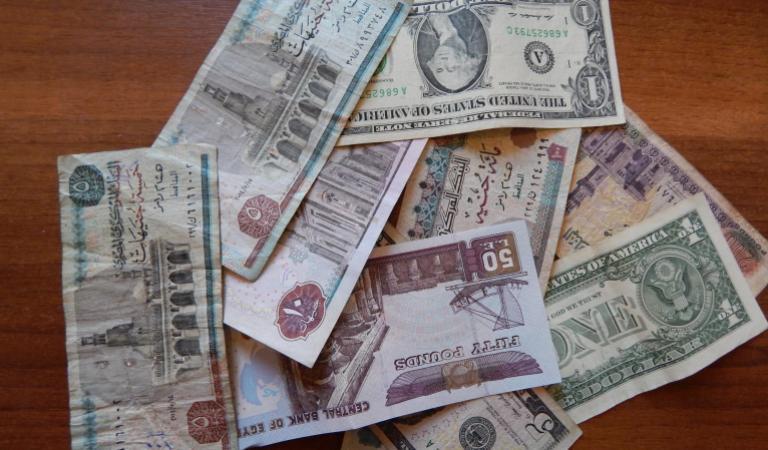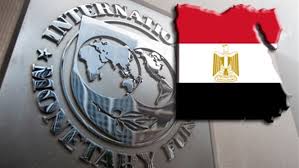Egypt has turned into a “haven” for debt investors in the region in the period since it floated its pound and initiated economic reform, a report by Bloomberg network claimed on Wednesday.
The report opined that the decision to float Egypt’s currency left it “immune to a rout that sent Turkish and Argentine currencies reeling to record lows”.
S&P Global Ratings raised Egypt’s credit rating in May, as strong measures taken to stabilize Egypt’s economy raised its stature in the debt market, Bloomberg continued.
Companies such as TCW Group Inc. and Union Investment Privatfonds GmbH considered the stability of the Egyptian pound and its relatively high yields an attractive indicator of investment.
Despite the outflows, “we are encouraged that there were no reports of dollar shortages,” Brett Rowley, the Managing Director for emerging markets at TCW, was quoted by Bloomberg as saying.
The report echoed statements by the International Monetary Fund (IMF) that the strong growth in inflows from tourism and remittances in Egypt compensated for the external inflows of funds in recent months. The report expects the Central Bank of Egypt to maintain its key rate at 16.75 percent during its Thursday meeting.
Egypt abandoned its currency peg of 8.8 Egyptian pounds per dollar and floated the local currency in November, halving its value and helping the government to finalize a $12 billion International Monetary Fund program.
Since then, the country committed to an economic reform program that includes raising taxes and lifting subsidies as part of a three-year $12 billion IMF loan. Inflation rates and prices have climbed as a result.
In January, the IMF predicted that the inflation rate would fall to about 12% by June 2018, and to less than 10% in 2019, after having risen to 35% in July 2017 as a result of flotation, increased energy prices and the imposition of a value-added tax.














